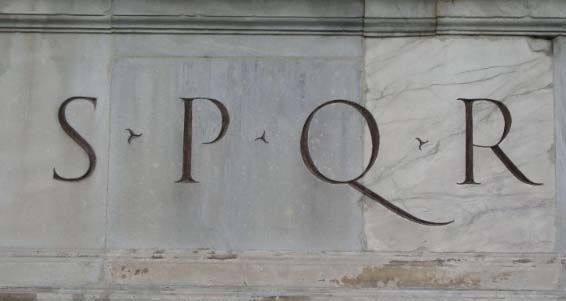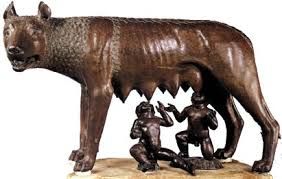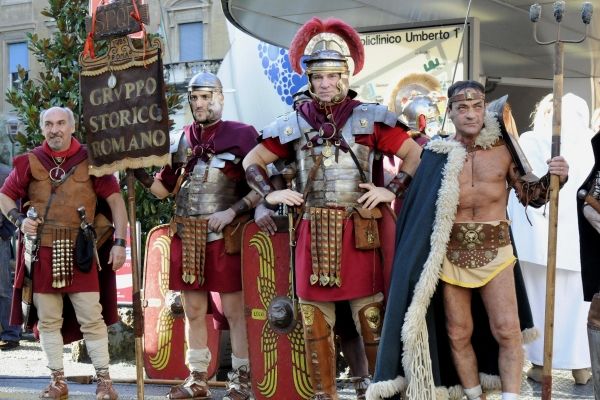The capital celebrates its 2,766th birthday on Sunday 21 April, based on the legendary foundation of Rome by Romulus in 753 BC, with a variety of events taking place across the capital.
On the morning of 21 April the mayor of Rome Gianni Alemanno will acknowledge the role played in the global fight against hunger and poverty by the three Rome-based United Nations food agencies – the Food and Agriculture Organization (FAO), the International Fund for Agricultural Development (IFAD), and WFP (World Food Programme) – by conferring honorary citizenship on each organisation.
Among the more unusual initiatives being held is “A passo di tango” in Piazza del Popolo on Saturday 20 April at 20.00. The city is dedicating the free event, which includes tango and traditional Argentinian music, to the Bishop of Rome and tango fan, Pope Francis.
Each year members of historical dramatic society Gruppo Storico Romano bring history to life by re-enacting battles, historic events, and displays of ancient theatre and dance in the city centre.
This year the group opens the birthday celebrations with a fire-lighting ceremony in Piazza del Campidoglio at 15.00 on Saturday 20 April. The next morning at 11.30 it will stage a costumed parade – involving gladiators, senators, vestal virgins and priestesses – from the Circus Maximus, Via del Teatro di Marcello, Piazza Venezia, Via dei Fori Imperiali and past the Colosseum before returning to its starting point.
The foundation of Rome is being marked at 15.00 on 21 April with a trench-digging ceremony at the Circus Maximus. Known as the “tracciato del solco” the ritual pertains to the founding of ancient Roman towns when it appears to have been standard procedure to dig a trench or "mundus" and throw offerings into it to encourage the gods to watch over the town's inhabitants.
This is followed by a re-enactment of the agricultural Palilia ceremony. Dating back to before the founding of Rome, the ceremony was held in honour of the goddess Pales, protector of flocks and herds, and involved vestal virgins distributing straw and the ashes and blood of sacrificed animals before jumping over a bonfire three times.
There are free guided tours of Palazzo Senatorio on the Capitoline hill from 13.00-23.00. One of the highlights of the visit is a brief glimpse of the spectacular view of the Roman Forum from the mayor’s office.
Finally, concluding the celebrations is a tribute concert to the recently-deceased Franco Califano, the popular Roman singer. Titled "Non escludo il ritorno" (Don't rule out a return), the six-hour concert takes place in Piazza del Popolo from 18.30 to midnight, and features some 50 artists who will perform some of the Califano's best-loved songs and recite some of his poems.
The city’s birthday has been marked annually since 1870. The “date of birth” is believed to have been established by the first-century BC historian Marcus Terentius Varro who based his findings on a date ascertained by his friend, the astrologer, mathematician and philosopher Lucius Taruntius Firmanus. Although contemporary scholars are at loggerheads over the actual date, archaeological finds in recent years such as an eighth-century BC wall on the Palatine hill would seem to support the legend.
For full programme details see city website.























